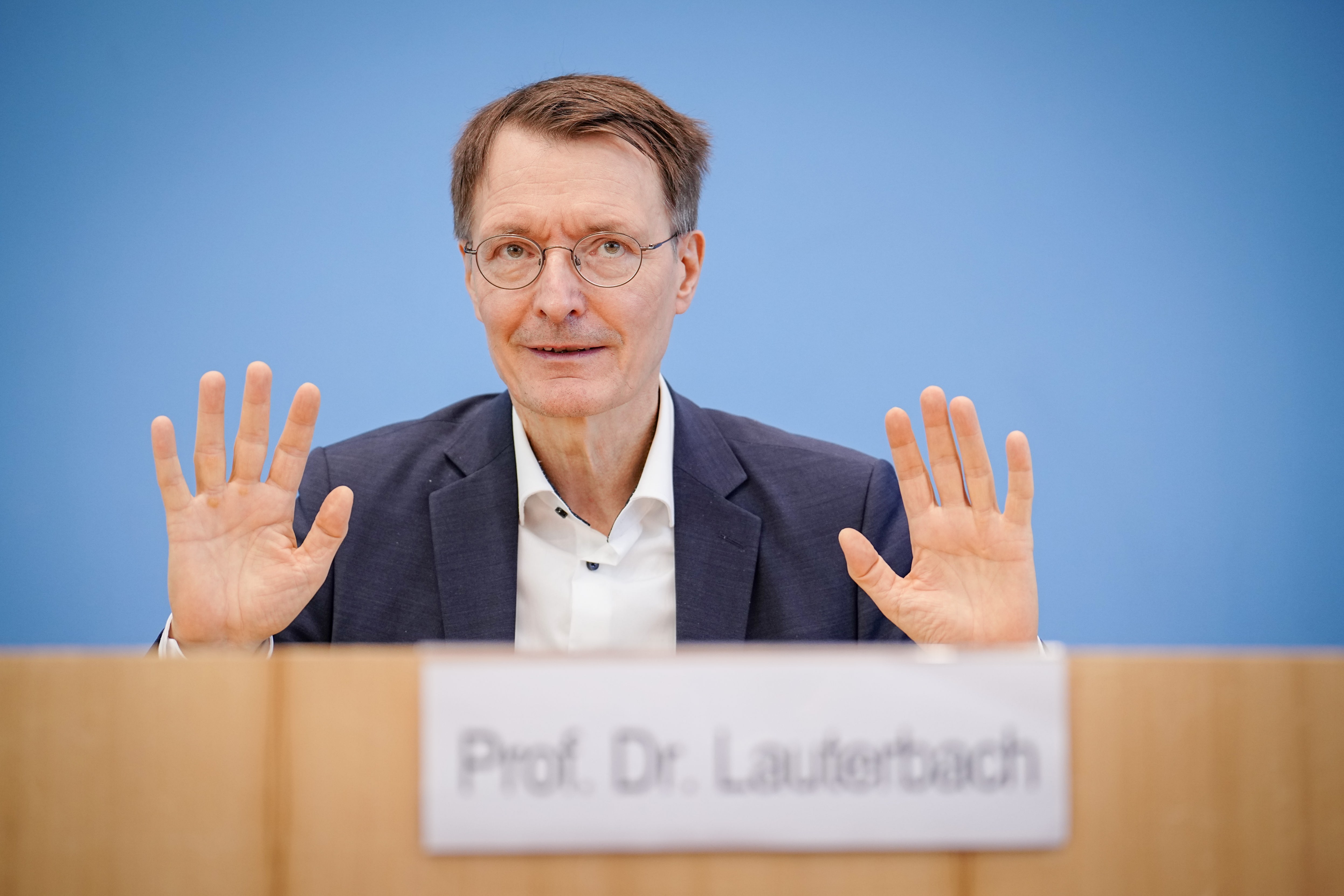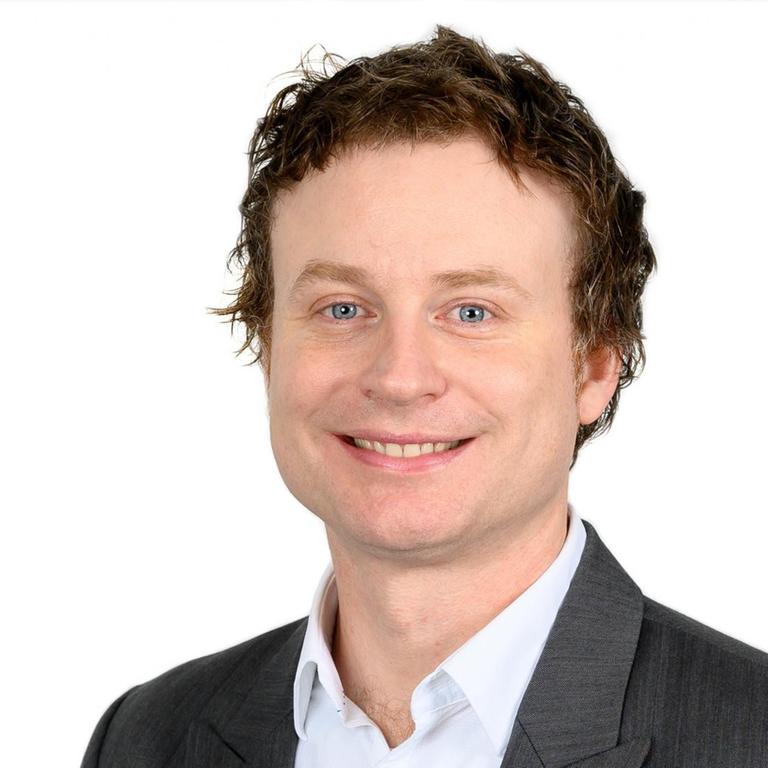–
Karl Lauterbach has to explain what is actually hardly understandable. The problem: He himself played a major role in developing the contradictory corona rules that are to apply from autumn. The exception to the indoor mask requirement, for example – it should exist for vaccinated people, but as is well known, only if the vaccination took place in the last three months.
Alien mask regulation for indoor use
In order to simplify the control, the vaccination certificate of the Corona-Warn-App should now have a green frame for 90 days. And inside – in restaurants, leisure facilities or clubs – the minister said, you could do spot checks from time to time. So check whether someone is really walking around there without a mask without permission.
Not only is this alien to life; it also shows how shrugging the shoulders the state is in this crisis, delegating increasingly complex control tasks to the private sector. The moderately paid employees in the catering and event industry are now not only allowed to prove themselves as vaccination certificate examiners, but also as mask detectives.
The three-month exception rule creates confusion
But above all: Even if Lauterbach’s test arrangement were to work, its effect would be limited: Even vaccinated people can become infected or be contagious. At the same time, however, the risk of life-threatening courses with Omikron is significantly lower, especially for the basic immunized majority.
So the impression remains that the Health Minister’s main concern with this construct is to make the second booster more attractive. A completely inappropriate strategy that can already be considered a failure: the three-month exception rule has caused one thing above all among the population in terms of booster effectiveness: confusion.
New questions instead of clear communication
Where clear communication is needed, the Minister of Health raises new questions. This also applies to the goal of the state corona policy: As is well known, this has so far consisted of preventing the health system and critical infrastructure from being overloaded.
Lauterbach now explains all of this as a secondary goal: it is basically about preventing deaths, serious illnesses and long-Covid cases. What sounds understandable at first means a shift in focus: Because at what point do the protective measures justified in this way end in the case of a disease that will never go away?
All of this reinforces the impression that Karl Lauterbach has lost his way. He himself sees, as he made clear again, that there is no need for correction. Nothing is more urgently needed for autumn than a corona strategy that everyone can understand.

 –
–
